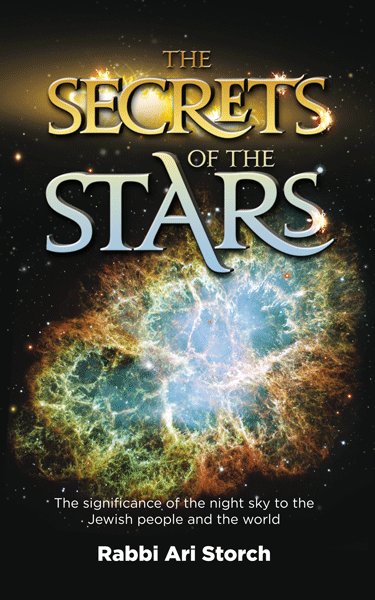Because this Sunday is Rosh Chodesh, we will not be reading the regular Haftarah. Instead we will read about the story in which Yehonasan tries to determine if his father, Shaul Hamelech, intends to kill Dovid or not. The setting for the story is at a meal that is taking place to commemorate Rosh Chodesh.
As mentioned in previous posts, Rabbeinu Chananel is of the opinion that Rosh Chodesh was never determined based on witnesses coming and testifying before the court. Rather, the court determines the time of the new Moon based on traditional calculations and sanctifies the day of Rosh Chodesh accordingly. Interestingly, the passage read for this week's Haftarah is cited by Rabbeinu Chananel to prove his point.
In the Haftarah we are first informed that Yehonasan is aware that there will be a festive meal for the following day. The reason for the meal is that the next day was going to be Rosh Chodesh. Rabbeinu Chananel uses this point to show that if Rosh Chodesh were based on testimony, there would be no way that Yehonasan would be aware of the next day being Rosh Chodesh. Perhaps witnesses would not show up and it would not be Rosh Chodesh. Rather, it must be that there was a set calculation that was used to determine when Rosh Chodesh would be and Yehonasan must have known when it was.
In our calendar, not based on testimony, we often times celebrate two days of Rosh Chodesh. This occurs when day thirty of the month is not declared to be the first of the next month. In these situations day thirty and the following day, the first of the next month, are sanctified as Rosh Chodesh. In the Haftarah we see that Yehonasan mentions that there were two days of festivities. As such, Rabbeinu Chananel mentions that this displays that they had the same basic system we have now and that everything was based on calculation. (See Rabbeinu Bacheye Shemos 12:2)
The question one can ask is why are the above considered to be proofs. Perhaps, every thirtieth of the month they would celebrate as Rosh Chodesh. If that day was sanctified based on testimony then there would be no party the following day. If not, then the next day would be considered Rosh Chodesh, as well. Maybe Yehonasan was aware that it was impossible for there to have been witnesses that first day because maybe the Moon was not visible. Or maybe, the comment of there being a party the next day was made late in the day with the assumption that it was improbable that witnesses would come if they had not done so already.
If the concept of Rosh Chodesh being decalred without witnesses is new to you, you are not alone. The Rambam vehemently disputed this as a valid opinion. Click here to see where I discussed the possibility of a rabbinic cover up of these details in order to hide these facts.
Subscribe to:
Post Comments (Atom)


No comments:
Post a Comment